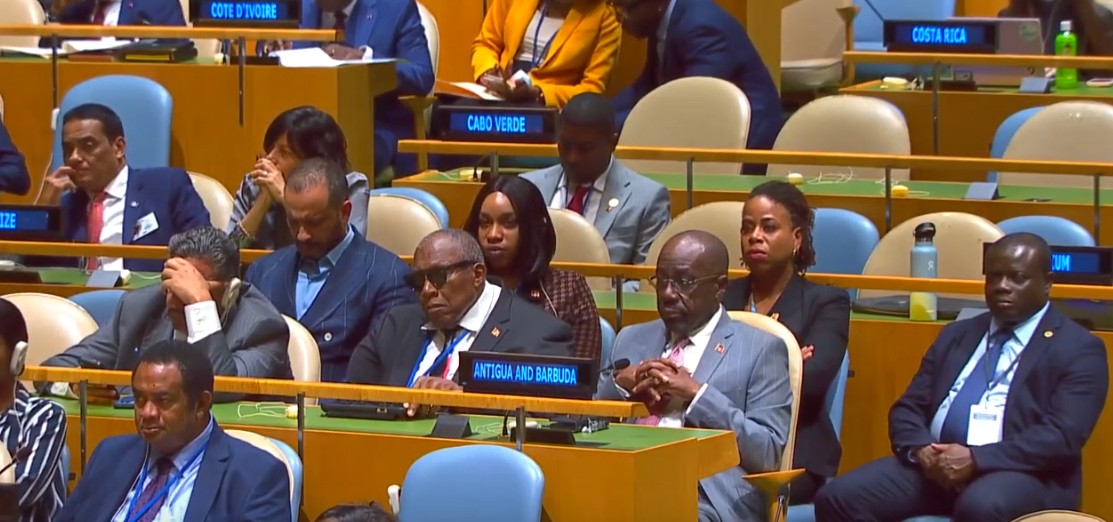Paz Pereira’s ascent to the lead position came as a surprise, particularly after recent opinion polls had placed businessman Samuel Doria Medina as the anticipated frontrunner. This outcome highlights widespread voter desire for change, driven by dissatisfaction with the incumbent socialist Movimiento al Socialismo (MAS) party, led by President Luis Arce, who opted not to seek re-election due to plummeting popularity.
In the context of an ongoing economic crisis characterized by significant shortages and high inflation, Paz Pereira’s campaign made bold promises to redistribute federal funds to regional entities and tackle corruption. His campaign slogan, “capitalism for all, not just a few,” resonates with voters amidst the pressing need for economic reforms. His proposals include affordable credit options, tax incentives for formal businesses, and reducing barriers on imports that Bolivia does not manufacture.
The political landscape in Bolivia could shift dramatically as foreign policy is expected to pivot towards the West, particularly the United States, as both leading candidates embrace more capitalist ideologies. Such a shift could positively affect international investment in Bolivia's substantial lithium resources, crucial for the burgeoning electric vehicle market.
The election also showcased heightened tensions linked to the current regime, as evidenced by a hostile reception for the MAS candidate Eduardo del Castillo at his polling location. Reports indicated physical confrontations and discontent among voters directed towards prominent left-wing candidate Andrónico Rodríguez, further symbolizing the party's waning influence.
For the first time since 2006, former president Evo Morales, a significant figure in Bolivian politics, was absent from the ballots. Morales, who ruled until 2019, is barred from seeking another term and has previously encouraged supporters to nullify their votes, reflecting the deep divisions within the left. The polarizing atmosphere is further exacerbated by ongoing internal party conflicts within MAS, as power struggles have persisted since Morales’s ousting and the subsequent election of Luis Arce.
As Bolivia gears up for the upcoming run-off, the political environment remains charged, with both candidates navigating a landscape fraught with public frustration and a demand for change. The results of the next election could shape the trajectory of national policies and international relations for years to come.
In the context of an ongoing economic crisis characterized by significant shortages and high inflation, Paz Pereira’s campaign made bold promises to redistribute federal funds to regional entities and tackle corruption. His campaign slogan, “capitalism for all, not just a few,” resonates with voters amidst the pressing need for economic reforms. His proposals include affordable credit options, tax incentives for formal businesses, and reducing barriers on imports that Bolivia does not manufacture.
The political landscape in Bolivia could shift dramatically as foreign policy is expected to pivot towards the West, particularly the United States, as both leading candidates embrace more capitalist ideologies. Such a shift could positively affect international investment in Bolivia's substantial lithium resources, crucial for the burgeoning electric vehicle market.
The election also showcased heightened tensions linked to the current regime, as evidenced by a hostile reception for the MAS candidate Eduardo del Castillo at his polling location. Reports indicated physical confrontations and discontent among voters directed towards prominent left-wing candidate Andrónico Rodríguez, further symbolizing the party's waning influence.
For the first time since 2006, former president Evo Morales, a significant figure in Bolivian politics, was absent from the ballots. Morales, who ruled until 2019, is barred from seeking another term and has previously encouraged supporters to nullify their votes, reflecting the deep divisions within the left. The polarizing atmosphere is further exacerbated by ongoing internal party conflicts within MAS, as power struggles have persisted since Morales’s ousting and the subsequent election of Luis Arce.
As Bolivia gears up for the upcoming run-off, the political environment remains charged, with both candidates navigating a landscape fraught with public frustration and a demand for change. The results of the next election could shape the trajectory of national policies and international relations for years to come.



















